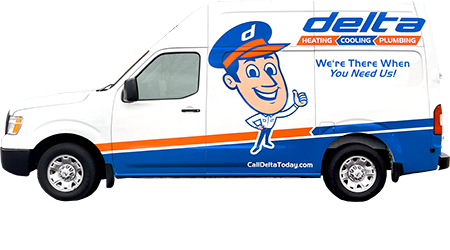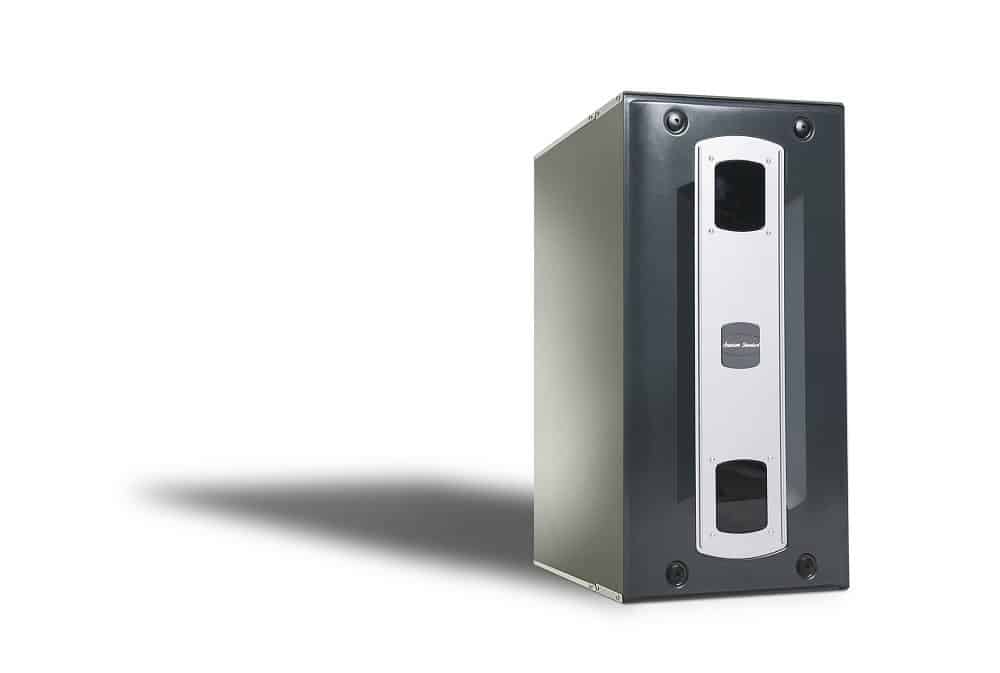Waking up to sub-zero temperatures in your home puts a damper on anyone’s morning. After checking the power and the thermostat, you could find that your heater has gone kaput. Not only is a broken heater a huge inconvenience, it’s potentially dangerous. Even if temperatures have not yet dipped to freezing, heater issues need to be addressed immediately. The following are some basic troubleshooting tips when your heater dies. In most cases, for safety reasons, contact a professional for assistance.
What To Do If Your Heater Dies
Start Simple
Once ruling out the thermostat and confirming your home hasn’t lost power, you can move on to other potentially easy fixes. Check circuit breakers for a blown fuse and look if the furnace’s power switch is turned on. Gas valves also should be checked. If the furnace’s filter is clogged with dust and debris, it can cause the unit to lose power.
Next, you can check for any blockages causing the furnace to fail. This is a common occurrence, especially if you have yet to turn on the heat for the season. For instance, if animals or debris blocks the chimney flue, the furnace won’t operate. Blocked exhaust vents and intakes cause similar issues. Ductwork should be examined too to check for any leaks or blockages.
When You Need A New Heater
In some cases, the heater is no longer viable. Furnaces usually reach retirement age by 20 years depending on how well the unit was maintained. You don’t want to continuously pour money into a dying heater. A simple rule of thumb to follow: if repairs cost more than 50 percent of a replacement furnace, buy a new unit. In the long run, the repair may act as a money-saver. Newer furnaces are highly efficient and dramatically cut home heating costs.
When hiring a contractor, don’t automatically go with the lowest bidder. A rock-bottom price may reflect a cheap, ineffective unit and poor installation. Discuss your budget with a contractor and ask for his brand recommendation. When choosing a new furnace, he can discuss the pros and cons of each type.
One surprise during the bidding process you may come across is the size furnace required for your home. Older furnaces were larger while newer brands are smaller, but more efficient. Carefully weigh your decision when choosing between a high-efficient and super high-efficient furnace. Super high-efficient heaters have complexities that make them costly to repair. Scrutinize warranty information to ensure you’re protected.
Other features to consider when getting a new heater is the type of blower installed. Options include a single-stage or two-stage blower and the speed of the blower. Two-stage blowers have different heat settings and help maintain a consistent home temperature. Single-stage blowers operate on full blast until desired temperature is reached. Similarly, variable speed blowers are typically preferred over standard two-speed models. Variable speed blowers adjust the speed of air circulation while two-speed furnaces have a single speed for heating and a single speed for cooling.
Warnings
Even if your heater dies in the middle of the coldest winter on record, don’t take chances with your family’s safety. Never build a fire inside unless you have a fireplace or wood-burning stove. Avoid using the oven to heat your home when the furnace dies. A propped open oven door is a dangerous accident waiting to happen.
Evacuate the property immediately if you smell gas. Faulty furnaces could cause dangerous gas
leaks. Call emergency personnel to evaluate the situation further.
Carbon monoxide poses a risk to human health when a heater dies. Note any symptoms of carbon monoxide poisoning within your family: nausea, unexplained headaches, dizziness, and difficulty breathing. To prevent potentially fatal carbon monoxide poisoning, perform regular maintenance checks on your home detectors.
Don’t feel left out in the cold this winter season. Give the specialists at Delta Heating & Cooling a call today at (919) 576-2426. Our family-owned and operated HVAC firm services clients throughout the Raleigh, North Carolina. If your heater is experiencing any problems this winter, don’t hesitate to contact us for prompt and reliable service.

